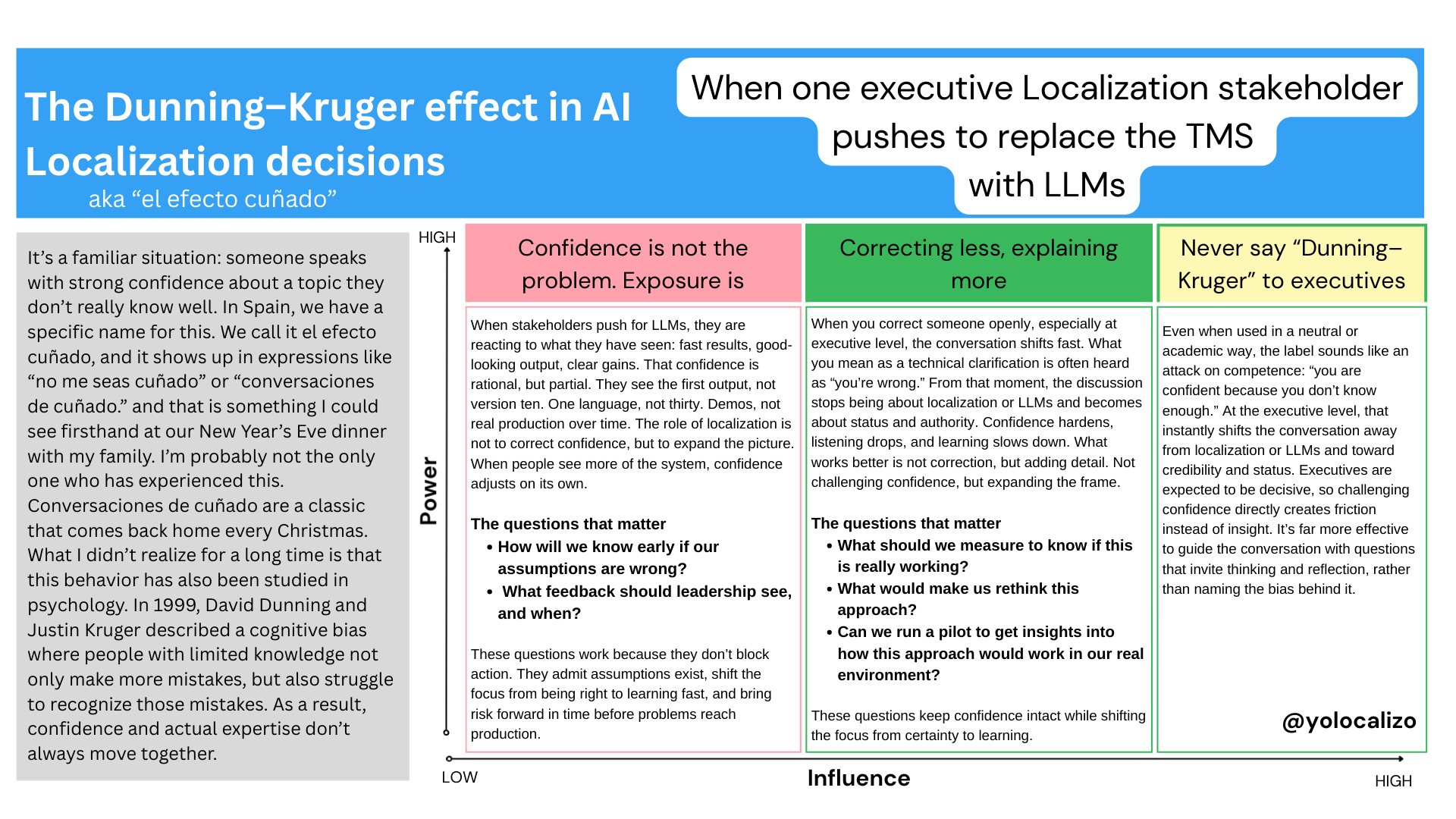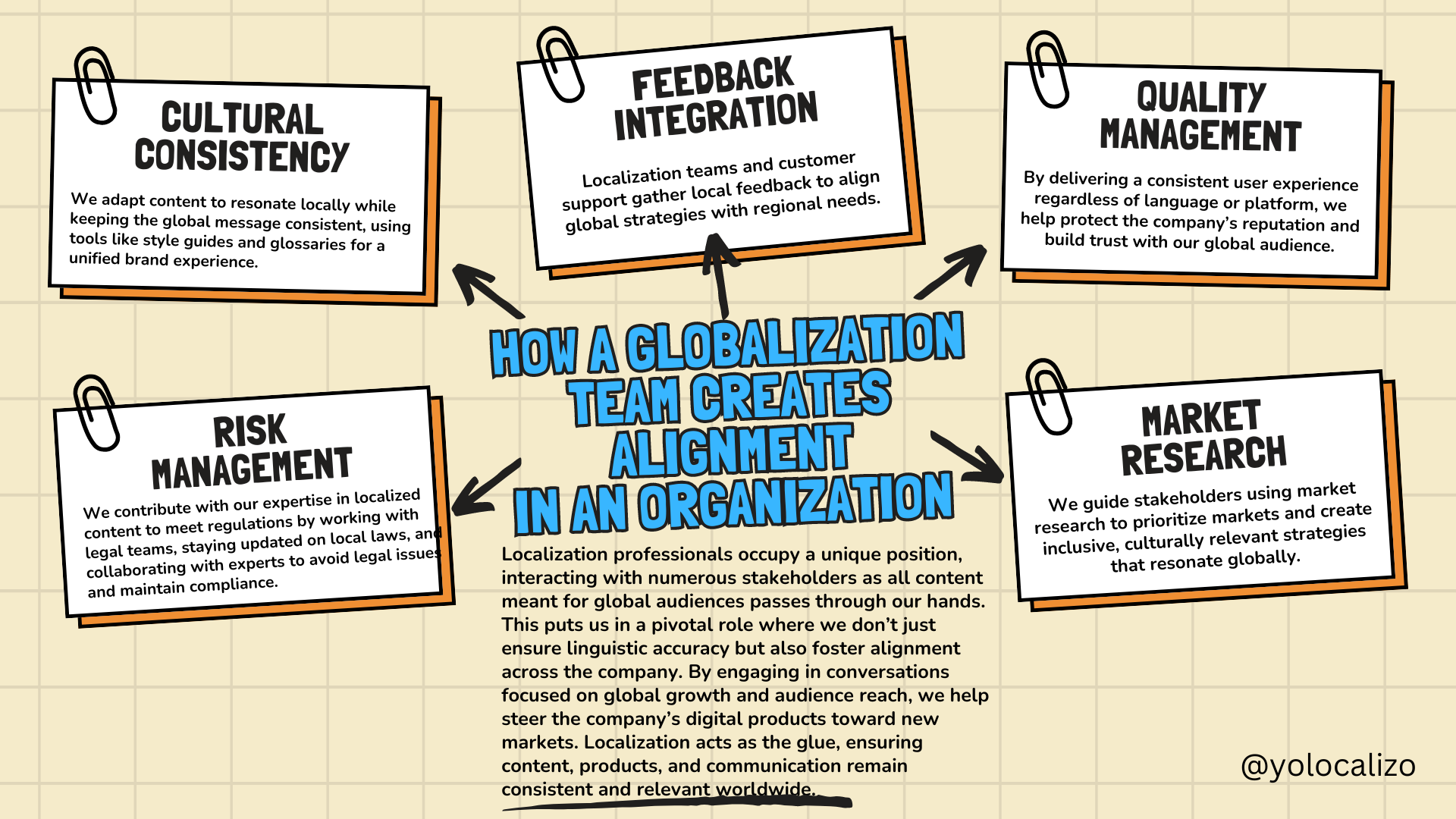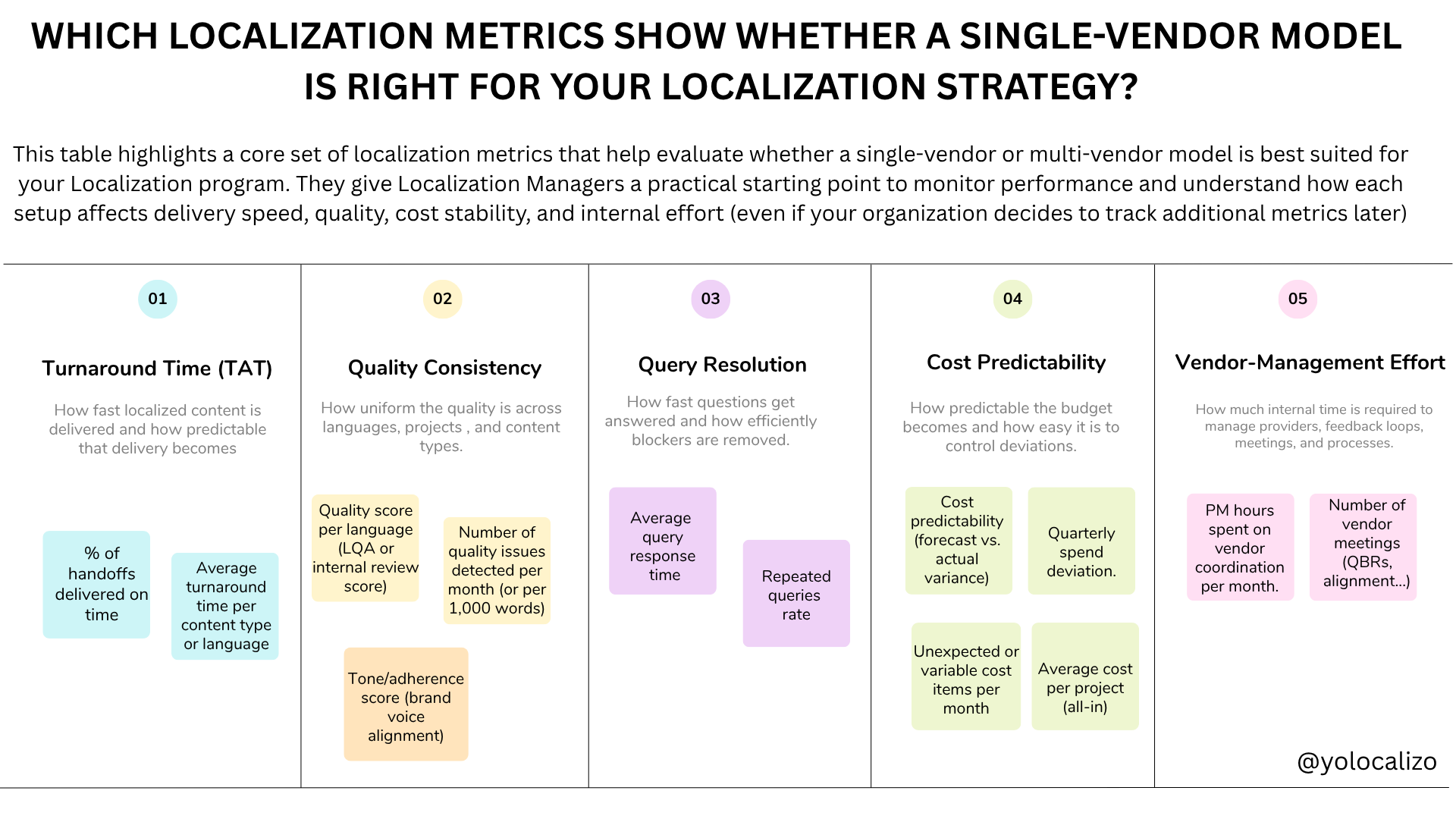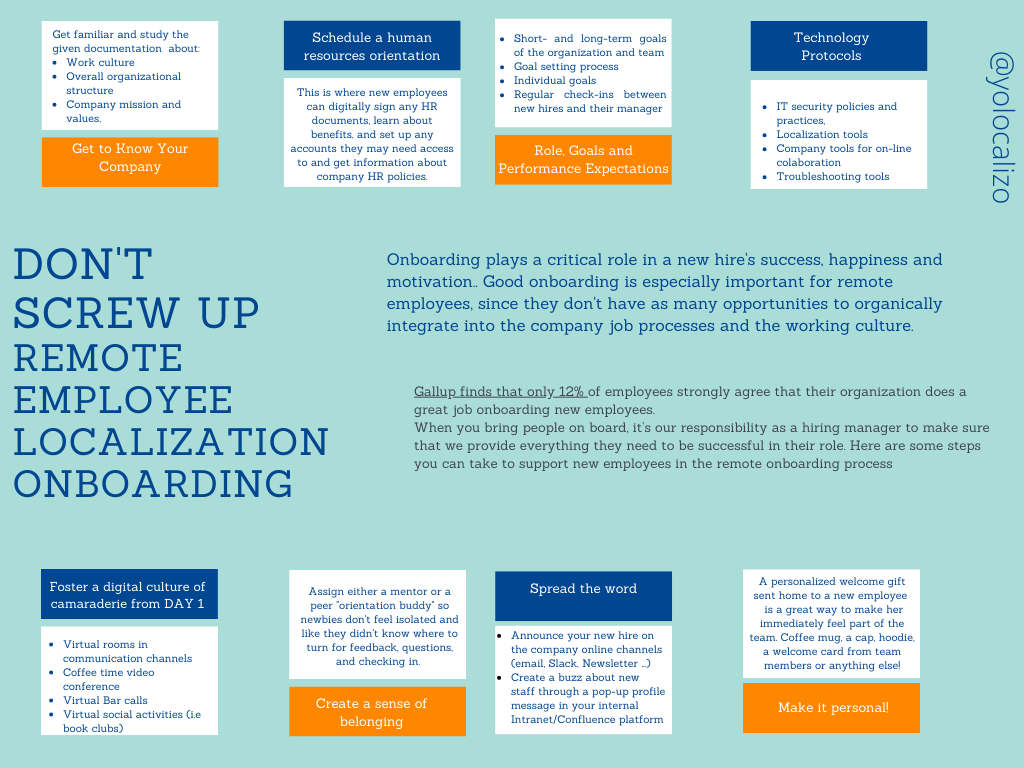Don't Screw Up Remote Employee Localization Onboarding
COVID-19 has greatly changed our lives, yet the human being adapts extraordinarily to new situations that when we look back...it's impressive.
During these last 3 months in which the world has slowed down, and each individual tries to find their new place in these uncertain moments that we live, there are certain people who in a certain way have followed their career path, and have continued to seek its professional development. I know several people who during this crisis have decided to change jobs, one of those people is Natalia.
Natalia is a Localization Project Manager who the other day chatting with her on WhatsApp told me that she is going to start a new job in a role as Community Manager.
She spoke to me about her doubts (and fears) to take this step in these delicate moments that we live, changing jobs always raises doubts, changing jobs during this pandemic is a double fatal leap ☺️
Chatting with Natalia, she told me how she was doing in the new position after 3 weeks, and she commented that she had been pleasantly surprised by how well remote on-boarding worked! ... that made me think and I decided to write a post on this topic, remote onboarding is totally feasible. It is true that not knowing your co-workers face to face becomes a bit strange, but after 2 days you get used to it!
I have also received online onboarding in my career, and when I think about it .... the truth is that everything went well. I understood during this onboarding process the company's objective, what was expected of me, my individual objectives… honestly, the process, smooth, very smooth ... so reflecting on the unstoppable progress that the WFH is having in this 2020, and my conversation with Natalia I have decided to write this week about Best Practices to consider when onboarding Localization professionals.
I hope you like it (and you find it useful!)














For a long time, localization was treated as a pure execution task: translate fast, deliver on time, and stay invisible. That model worked when content volumes were lower and speed was the main challenge. As AI becomes part of everyday workflows, this approach is no longer enough. Translation itself is not the hardest part anymore. The real challenge is deciding what content deserves attention and how AI fits into the broader content ecosystem. This shift highlights a deeper change: moving from simply translating content to actively managing it.